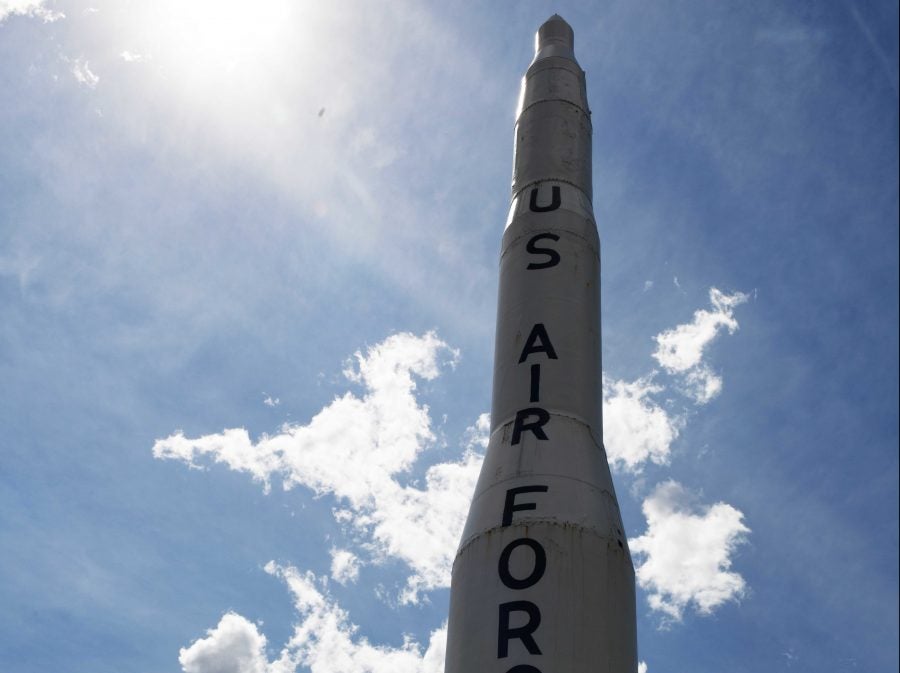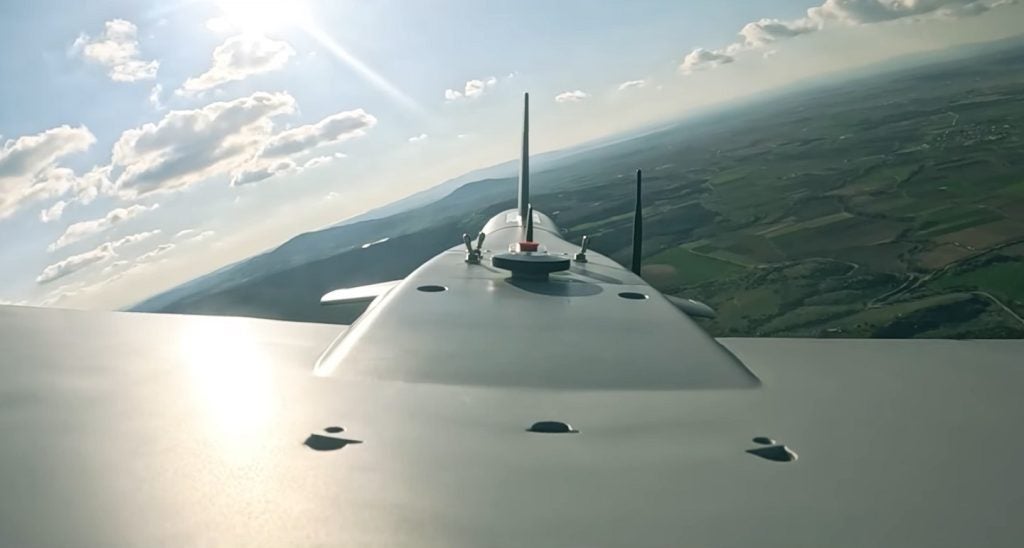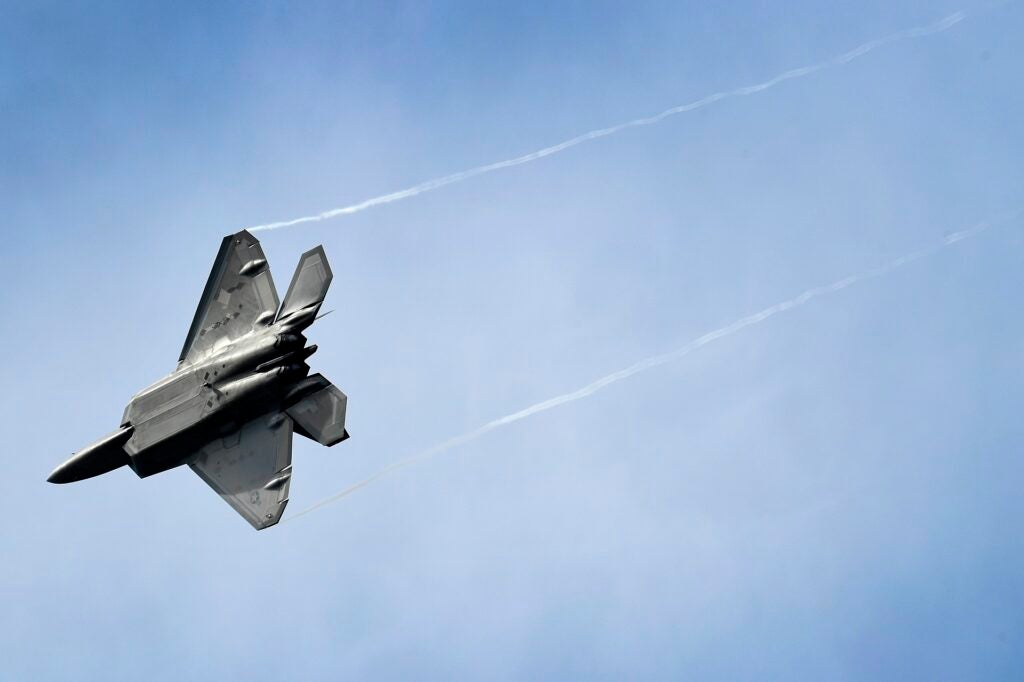
The US Air Force (USAF) has confirmed that Northrop Grumman has won out over the competition to build the US’s future Intercontinental Ballistic Missiles (ICBMs) after Boeing dropped out from the process.
The competition deadline for proposals lapsed last Friday with Boeing pulling out, and Northrop Grumman submitting a proposal. With no other potential bidders, Northrop Grumman looks to have won Ground-Based Strategic Deterrent (GBSD) competition by default.
Boeing told Air Force Technology: “Boeing is disappointed we were unable to submit a bid to the GBSD solicitation. We have been proud and honoured to contribute to the ICBM mission for more than 60 years.
“Boeing continues to support a change in acquisition strategy that would bring the best of industry to this national priority and demonstrate value for the American taxpayer.”
According to Defense News the contract will be awarded in the fourth quarter of 2020, with a spokesperson for the USAF Captain Cara Bousie saying: “To date, the competitive Technology Maturation and Risk Reduction phase has provided the DoD with an unprecedented amount of technical and cost knowledge.
“The Air Force will proceed with an aggressive and effective sole-source negotiation. We remain on track for a contract award in the fourth quarter of Fiscal Year 2020.”
How well do you really know your competitors?
Access the most comprehensive Company Profiles on the market, powered by GlobalData. Save hours of research. Gain competitive edge.

Thank you!
Your download email will arrive shortly
Not ready to buy yet? Download a free sample
We are confident about the unique quality of our Company Profiles. However, we want you to make the most beneficial decision for your business, so we offer a free sample that you can download by submitting the below form
By GlobalDataThe total value of the contract to update the US’s ICBM arsenal could reach as high as $85bn over the programme’s lifetime. It is part of a wider move to update and strengthen the nuclear triad with investment in strategic bombers, ICBMs and submarine carried missiles.
Northrop Grumman’s entry for the GBSD competition will be developed as a partnership between a number of companies including Aerojet Rocketdyne, BRPH, Clark Construction, Collins Aerospace, General Dynamics, Honeywell, L3Harris, Lockheed Martin, Parsons and Textron Systems.
The project to update the US ballistic missile deterrent kicked off in 2017 when the USAF awarded three-year Technology Maturation and Risk Reduction contracts worth over $300bn to Northrop Grumman and Boeing. Later Boeing complained that Northrop Grumman’s experience in the industry meant that the contract was slanted towards the company.
Boeing said that Northrop Grumman’s acquisition of Orbital ATK meant that the company would be able to offer a cheaper system and had earlier signalled its intention to not bid for the competition.
The USAF released a request for proposals for the new ICBM system in July; at the time undersecretary of defence for acquisition and sustainment Ellen Lord said: “There is no margin to do another service life extension program on Minuteman III, because not only would it be more expensive than developing GBSD, but you would not have the resiliency in the capability because you would not have the modern equipment, you would not have the actual capabilities from a functional range point of view (or) warhead capability.”
Senior US defence officials have made the modernisation of the nuclear triad a top priority for the Department of Defence (DoD) in response to Russia completing the modernisation of its own nuclear deterrent this year.
The new missiles will replace the Boeing LGM-30G Minuteman III ICBM weapon system, which first entered service in the 1970s. With deployment due to being in in the late 2020s, the new missiles are expected to be operational through till 2075 according to Boeing.
The move follows the US Navy awarding General Dynamics Mission Systems a $300m contract on Monday to support the US and UK’s Trident II (D-5) Fleet Ballistic Missile Submarines Fire Control System, Guided Missile Submarines Attack Weapon Control System, and Support Equipment Rework Facility support.
The submarine-based nuclear missiles form one-third of the US nuclear triad and are the core of the UK’s continuous-at-sea nuclear deterrent, carried on the Vanguard-Class submarine and its replacement the Dreadnought-class.







